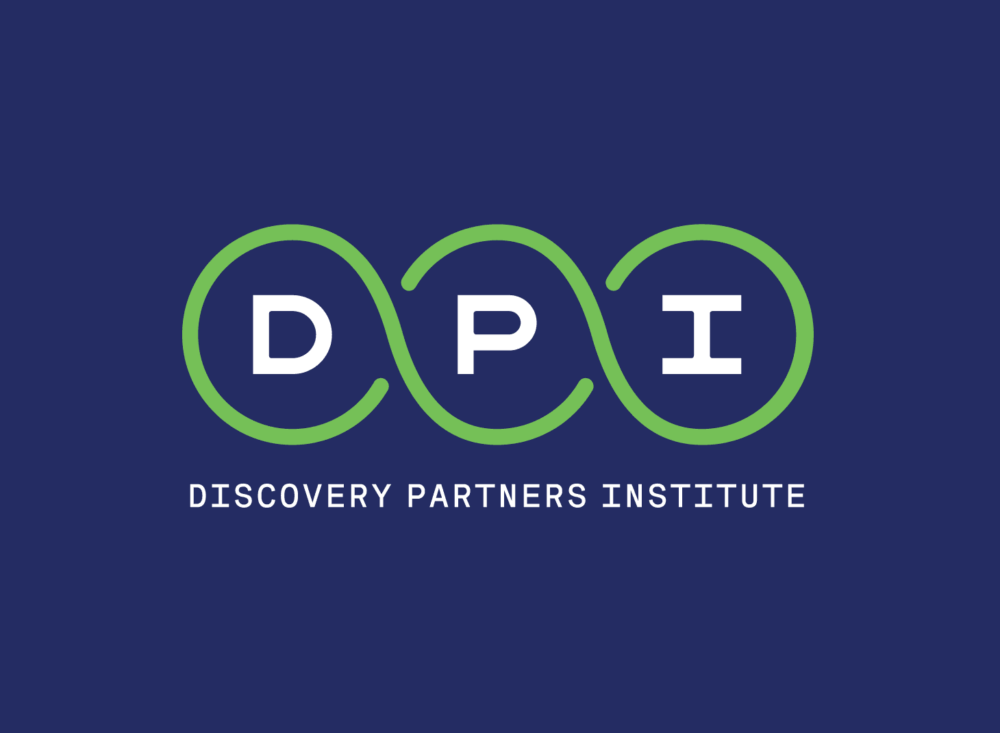In 2013, CSforAll initiatives started throughout the U.S., including Chicago. This initiative pushed school districts to offer CS instruction from kindergarten through 12th grade.
In 2020, Chicago Public Schools (who were at the forefront of CSforAll) graduated its first class that had a computer science graduation requirement. However, that same year, College Board and Common Core of Data put out a report that shows Black, LatinX, and female students nationwide were all disproportionately underrepresented in AP Computer Science relative to overall high school participation in other AP courses.
According to the Landscape report of K-12 Computer Science Education in Illinois from Hegeman-Davis and Sewell (2021), the state faces significant barriers to equitable CS education as well. Namely, the urban-rural digital divide, CS teacher shortages, and differences in course offerings were all cited as critical concerns of the state’s current computer science education system.
In March 2021, Illinois House Bill 2170, or the Education and Workforce Equity Act, was signed into law. HB 2170 was a measure brought forth by the Illinois legislative Black Caucus with the aim to improve access and racial equity in the state’s education system. Among many things, HB 2170 mandated an expansion of the Illinois computer science education system:
- The most notable requirement was for high school districts to offer the opportunity for every student take at least one computer science course aligned to rigorous CS learning standards to go into effect beginning in the 2023-2024 school year.
- The Illinois State Board of Education (ISBE) was tasked to develop CS student learning stands by the end of 2021, a goal which they met.
- An AP CS course may count toward the three years of mathematics graduation requirement.
- Districts are required to include curriculum information for CS courses in their school’s report card as maintained by ISBE.






















